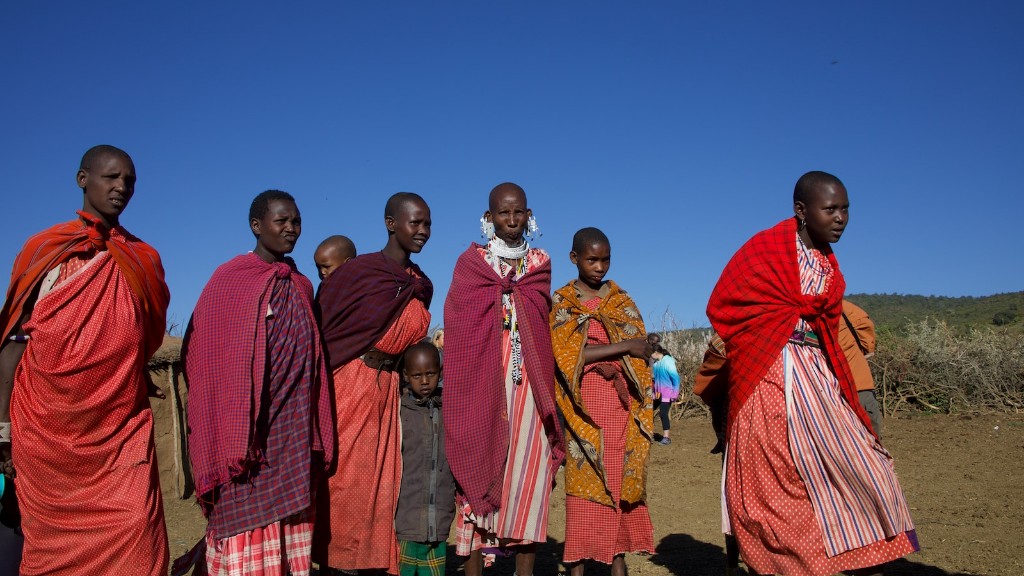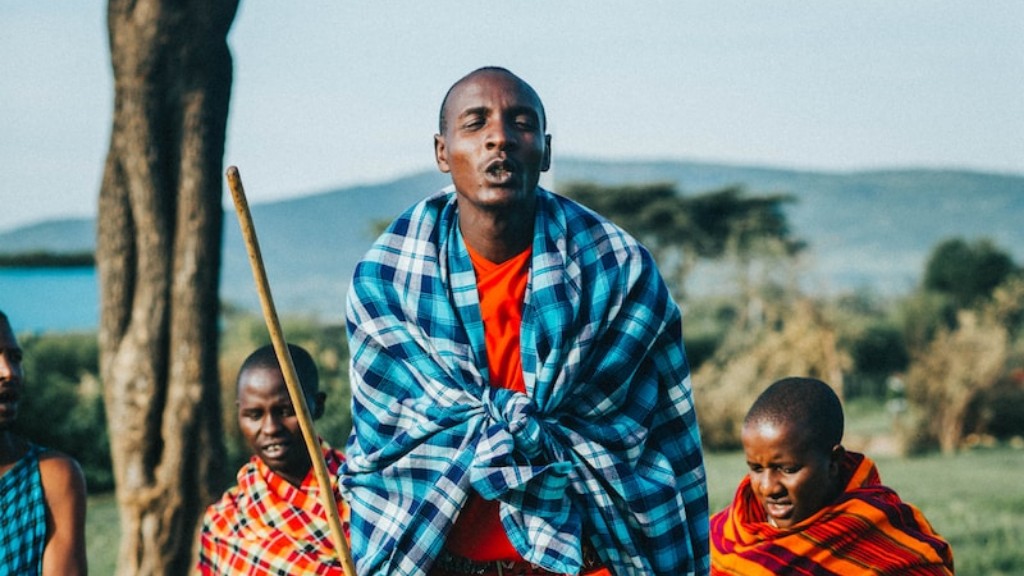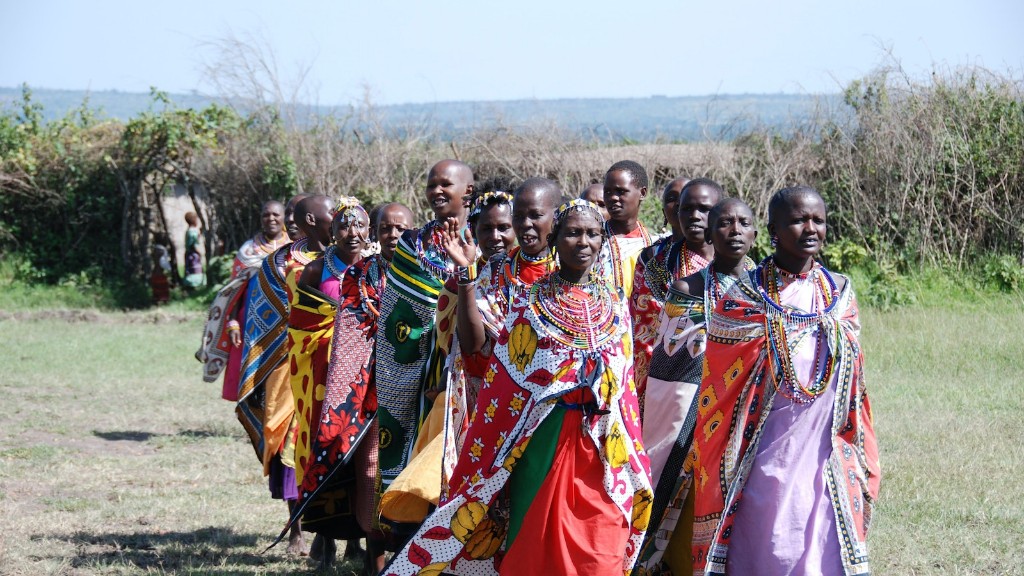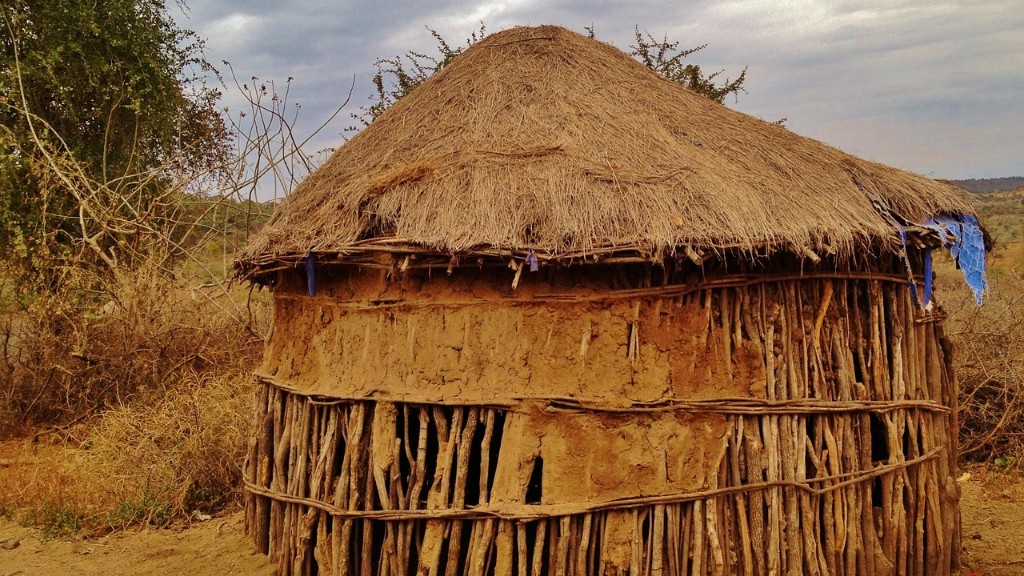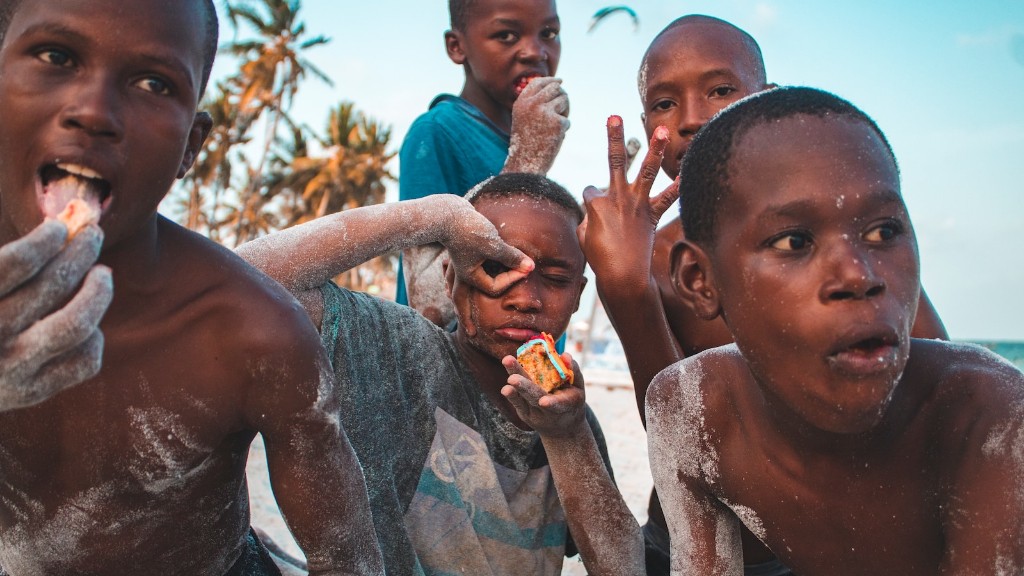Characteristics of Different West African Tribes
In the vast and diverse continent of Africa, West Africa stands out for its rich cultural heritage. With hundreds of tribes scattered throughout the region, each with its own unique characteristics and traditions, West Africa offers a fascinating tapestry of human experience. In this article, we will explore the distinct characteristics of a few prominent West African tribes, delving into their history, cultural practices, and societal values.
The Ashanti Tribe
The Ashanti tribe, also known as the Asante, is one of the largest tribes in West Africa, primarily found in present-day Ghana. Renowned for their exquisite craftsmanship, the Ashanti people are famous for their skill in weaving colorful Kente cloth, carving intricate wooden stools, and creating beautiful gold jewelry.
Furthermore, the Ashanti tribe places great emphasis on oral tradition. Griots, or storytellers, play a crucial role in Ashanti society by preserving history and passing it down through generations. Their stories reflect the tribe’s values, experiences, and cultural identity.
The Yoruba Tribe
The Yoruba tribe, located in Nigeria, is one of the most populous tribes in West Africa. With a rich mythology and belief system, the Yoruba people have a strong connection to their ancestral spirits. Their religious practices center around the veneration of Orishas, powerful deities with various responsibilities and attributes.
Another remarkable feature of Yoruba culture is their vibrant festivals. From the annual Olojo Festival celebrating the Yoruba creation story to the Osun-Osogbo Sacred Grove festivities, the Yoruba tribe showcases their cultural heritage through colorful attire, music, dance, and masquerades.
The Fulani Tribe
Spanning several countries in West Africa, including Senegal, Guinea, and Nigeria, the Fulani tribe is known for their nomadic pastoralism. Their livelihood depends on cattle herding, and they navigate vast distances following grazing patterns.
In addition to their cattle herding, the Fulani people are renowned for their beauty. Elaborate facial tattoos, intricate hairstyles, and vibrant clothing are all part of their distinctive adornment practices.
The Igbo Tribe
The Igbo tribe is one of the largest ethnic groups in Nigeria. They have a rich cultural heritage that is deeply rooted in communalism and a democratic social structure. In Igbo society, decisions are made through consensus, and the community plays a vital role in the upbringing of children.
Igbo art and craftsmanship are highly regarded, particularly their traditional masks and figurines. These artistic creations hold spiritual and cultural significance and are often used in ceremonies, festivals, and masquerades.
The Wolof Tribe
The Wolof tribe, primarily found in Senegal and Gambia, is known for its vibrant music and dance traditions. The Wolof people have a rich musical heritage, with genres like mbalax and sabar gaining international recognition through artists like Youssou N’Dour.
Additionally, the Wolof tribe has a matrilineal kinship system, where descent is traced through the mother’s line. Women play a significant role in Wolof society, often holding positions of power and influence.
The Tuareg Tribe
The Tuareg tribe is a nomadic group predominantly found in the Sahara Desert, spanning countries such as Mali, Niger, and Algeria. Known for their distinct indigo-blue clothing, the Tuareg people have a deeply ingrained sense of honor, hospitality, and respect for tradition.
With a unique language and alphabet, the Tuareg tribe has a strong tradition of storytelling and poetry. Their songs express themes of love, longing, and the challenges of desert life.
The Mende Tribe
The Mende tribe, located in Sierra Leone, is known for their agricultural practices and strong spiritual beliefs. Farming is at the core of their subsistence, with rice being a staple crop.
The initiation society, known as the Sande Society, plays a significant role in Mende culture. It serves as a rite of passage for young girls, providing education on society’s values, sexual responsibility, and artistic skills.
The Ewe Tribe
The Ewe tribe is a major ethnic group in Togo, Ghana, and Benin. Music and dance are integral parts of Ewe culture, with lively rhythms and intricate movements defining their traditional practices. The Ewe people are also skilled in pottery and fabric dyeing, creating vibrant patterns and designs.
In terms of social organization, the Ewe tribe follows a patrilineal system, where inheritance and lineage are traced through the father’s line. Chiefs and elders hold important decision-making roles within the community.
The Berber Tribe
The Berber tribe, indigenous to North Africa, includes various groups scattered across countries such as Morocco, Algeria, Tunisia, and Libya. The Berber people have a rich cultural heritage, known for their traditional music, dance, and folklore.
In recent years, there has been a revival of Berber cultural expression, with an emphasis on preserving their language and traditions. Festivals like the Imilchil Wedding Festival and the Marrakech Folklore Festival showcase the vibrancy of Berber culture.
